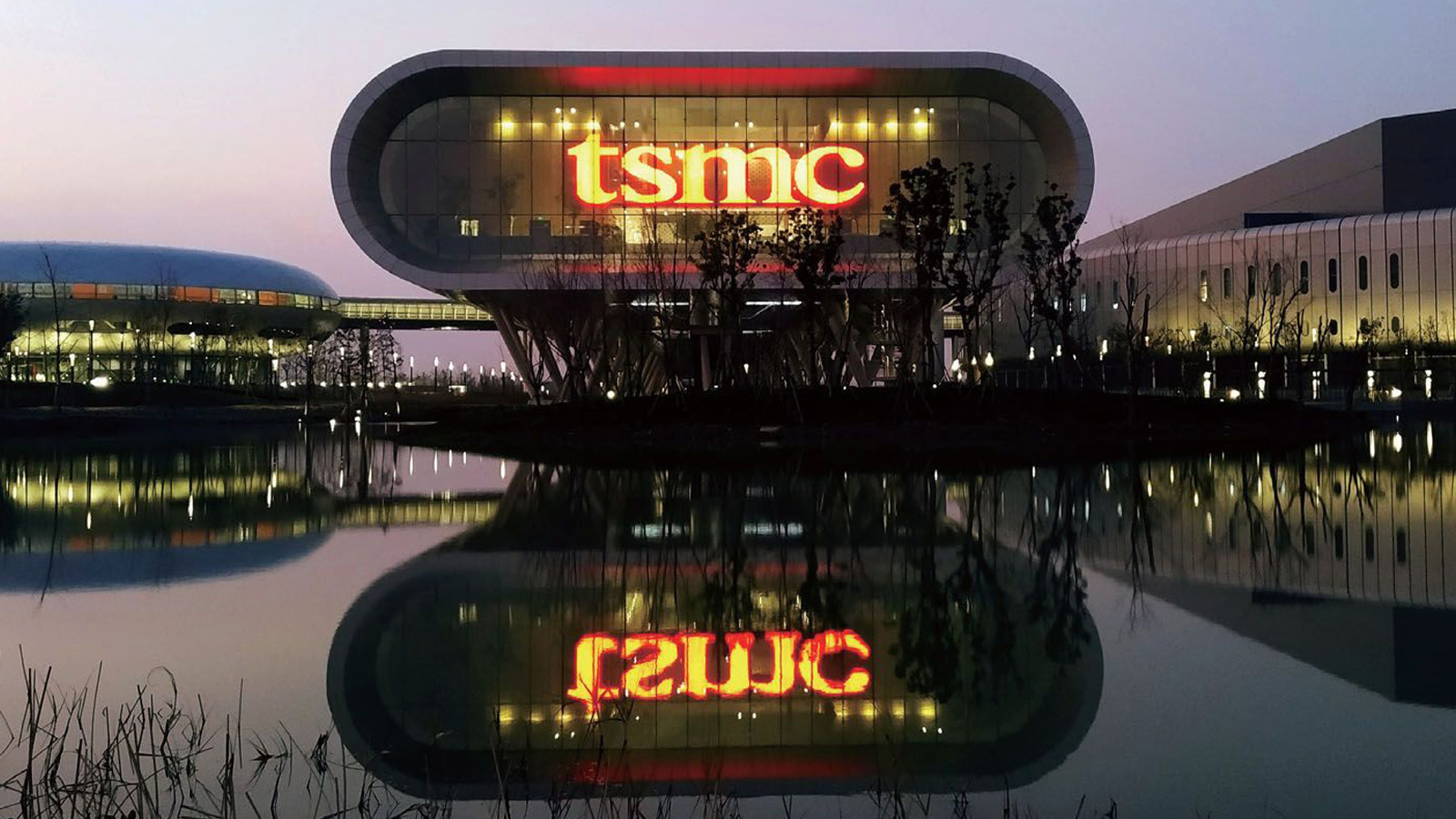
TSMC is one of the largest chip makers globally, even beating Intel and Samsung by revenue numbers. And its location in Taiwan is a potential hotspot between the U.S. and China, especially as China (the PRC) considers Taiwan (the ROC) an integral part of its territory. With the regional superpower not discounting a military invasion of the island, the U.S. wants to ensure that TSMC’s chip-making capabilities won't fall into the PRC's hands. Thus, reports indicate that TSMC's EUV machines (made by ASML) have a remote kill switch fitted, for security.
Just last year, U.S. Congressman Seth Moulton suggested that the U.S. might bomb TSMC facilities in Taiwan if China invaded. However, the Taiwanese government said that it would defend the company against any form of aggression from anyone — including the United States. The Taiwan Security Bureau even said that destroying TSMC’s facilities is an unnecessary move, as producing high-end chips requires more than just the factories.
“TSMC needs to integrate global elements before producing high-end chips,” says Chen Ming-tong, director-general of the Taiwanese National Security Bureau (via Bloomberg). “Without components or equipment like ASML’s lithography equipment, without any key components, there is no way TSMC can continue its production.”
Nevertheless, geopolitical issues typically go beyond the business sense. So, even if China knows that capturing these advanced foundries from Taiwan and the U.S. is a futile endeavor, the thought of depriving its primary competitor of the latest chips could be enough motivation to execute a special military operation to ‘liberate’ TSMC. This is especially true as the U.S. said that a Chinese seizure of the company and its facilities would be devastating for the American economy.
Because of this threat, TSMC and ASML, currently, the only supplier of tools that could make cutting-edge 2nm chips, have added a ‘kill switch’ that will disable TSMC’s EUV machines remotely. According to Bloomberg, the latter added this feature to assuage U.S. fears that the former’s chipmaking capabilities could fall into the wrong hands if war breaks out in East Asia.
The U.S. has been hard at work trying to limit China’s technological progress, especially in the semiconductor industry. Washington has blacklisted several Chinese companies from acquiring advanced tech due to fears that the communist PLA will use them to further its military might. The White House also recently placed severe tariffs on several Chinese imports to protect its own investments with the CHIPS Act.
Nevertheless, Chinese President Xi Jinping is still adamant that it can continue its technological development with or without U.S. sanctions. Although the country still lags behind in cutting-edge processors, China is already a powerhouse in legacy chip production. Furthermore, the Chinese government is continuously supporting local companies to develop homegrown tech that makes them resistant to external actions.
Aside from ASML’s and TSMC’s latest move to protect American interests, the U.S. has also invested billions of dollars in the latter to move its chip production to North America. TSMC is also building facilities in Japan, which could help protect it from China’s ambitions in Taiwan.
All these moves are a part of the U.S.-China trade war, as the former attempts to limit the latter’s ambitions of becoming a global power. While Washington’s moves are slowing Beijing’s efforts to achieve technological superiority, it’s also pushing the Asian power to innovate and work around the limits it’s facing. While China’s homegrown chips are currently several generations behind Intel and AMD’s products, they’re taking leaps and strides in advancements, and we may soon face Chinese technology that is similar or even superior to what the West has to offer.






